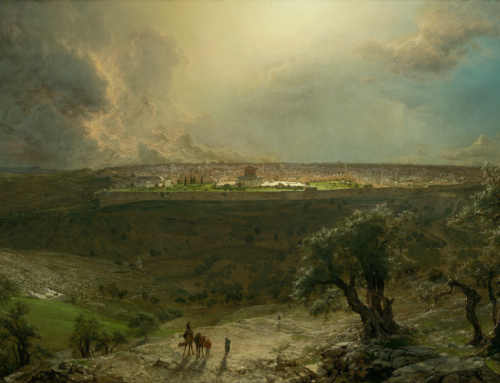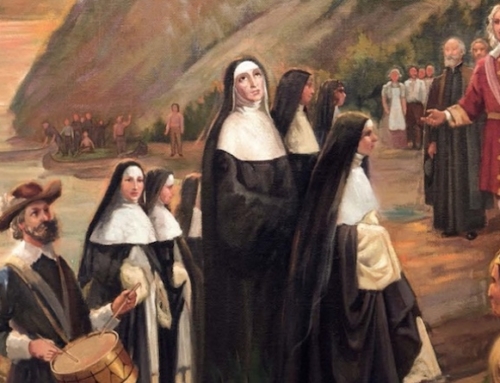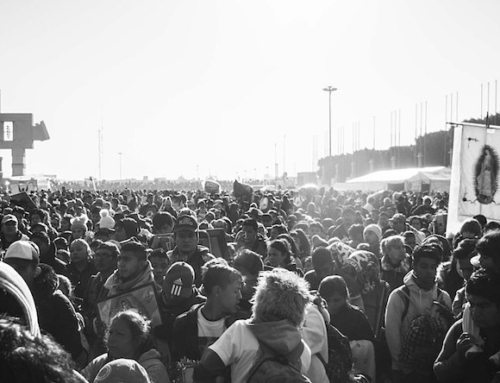2019 Summer Reading Recommendations:
On Faith: Lessons from an American Believer by Antonin Scalia
On Faith: Lessons from an American Believer is a compilation of addresses, speeches, and excerpts from judicial opinions by the late Supreme Court Justice Antonin Scalia, interspersed with reflections by those who knew him. It is widely known that Justice Scalia was a devout Catholic, and this compilation highlights his thoughts on a range of topics, including worship, family, moral formation, law, duty, religious liberty, and living one’s faith in a pluralistic society.
Reading through the words of Justice Scalia, one finds quick wit, a brilliant intellect, as well as a recognition of his own need for God’s mercy. Divided into three sections, the book covers Justice Scalia’s own reflections on the Catholic faith, lessons for Catholics living and working in the public forum, and his thoughts on how the promotion of religion was integral to the founding of our nation.
From reading the late Justice’s reflections on his Catholic faith, it is clear that he saw his own failings, and wouldn’t want to be placed on a pedestal because he was devout. He knew his place in life—a creature kneeling before the awesome power of his Creator. Such humble recognition on his part depicts him as a man of justice, not merely in title or profession, but in virtue. Specifically, Justice Scalia embraced the virtue of religion, which St. Thomas Aquinas calls a potential part of the cardinal virtue of justice.
According to Aquinas, justice governs what is due to another. Through religion, man offers worship and service to God, yet he can never fully repay this debt of justice, since the relationship between man and God is vast and unequal. Hence, religion is considered a potential part of justice, as it can only partially satisfy the debt. Antonin Scalia certainly lived this in his daily life. Recalling an exchange with a college professor on the centrality of the Incarnation, Justice Scalia observed that “You must keep everything in perspective, and not run your spiritual life and your worldly life as though they are two separate operations.” While exercising justice at the highest level of civil government, he was aware of his own subjection to a higher form of justice, and ordered his life accordingly.
Along these lines, those who strive to practice their Catholic faith while working in areas related to law, politics, government, or the military will find this book helpful. Justice Scalia recognized the tensions that come from being a person of faith in a secular society. At the same time, his friends and colleagues knew how important his faith was to him, seeing how it formed his very life. Those who struggle in witnessing their Catholic faith, especially in the public sphere, can find great encouragement from the life and faith of Justice Scalia. His wit and intellect offer a number of practical insights for carrying out one’s public duties while allowing one’s faith to form the whole person.
The book includes excerpts from Justice Scalia’s Supreme Court opinions on cases regarding religious liberty questions. While the Court during Scalia’s time often cited the Establishment Clause to deny certain practices as government sponsorship of religion (such as displaying the Ten Commandment on government property or prayer at public school graduations), Scalia often challenged the majority opinion of his colleagues. He cited how the Founding Fathers intended religion to be promoted as a civic good. While the government cannot sponsor the practices of a particular religion, from the beginning it promoted and encouraged the people’s public practice of religion for the sake of building a good and just society. Those who do not wish to participate may simply bow out. For the Court to overturn such practices, in the name of a religiously neutral government, was not the intention of the Founders.
Justice Scalia’s reflections on faith come at a time when threats to religious liberty continue. Faith calls us to have a greater knowledge about God and the things related to God. We put this faith into practice through exterior devotion to God, upright living, and just relations with one another. The example of Antonin Scalia serves as a model for how one can be a person of faith, while also a just public servant.
✠
Photo by Br. Christopher Daniel, O.P.







